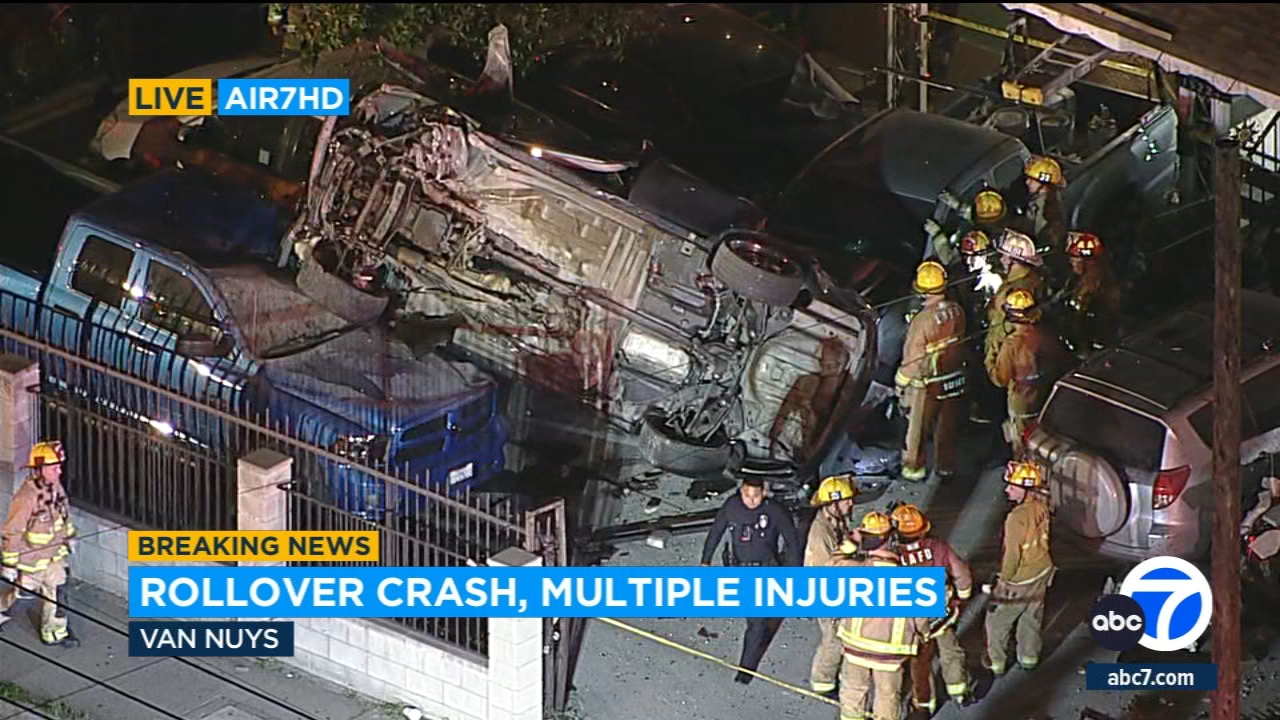Some Americans in debt may see stimulus checks seized by banks
Americans who have student loans or other debt may see their coronavirus stimulus checks seized by their banks before they ever see a penny for themselves under a loophole allowed by the Treasury Department.

Part of the $2 trillion coronavirus stimulus package includes one-time cash payments of up to $1,200 for Americans from the federal government.
But a loophole in the law could prevent you from ever seeing the money if you're in student loan or credit card debt.
In leaked audio obtained by the American Prospect, Ronda Kent - chief disbursing officer with the Treasury Department's bureau of fiscal service, appears to give banks the go ahead to use the stimulus as a way to collect debt.
"If a a payee of a federal payment owes a delinquent debt that has been submitted to treasury for collection, we will intercept that payment to pay back debt," Kent said on the recording.
The stimulus money is meant to provide millions of Americans with emergency financial help during the pandemic. Congresswoman Judy Chu and 36 other members of Congress sent a letter to Treasury Secretary Steve Mnuchin Thursday highlighting that big banks don't need additional cash at the expense of taxpayers.
"This is why we made this an automatic program for that cash to come in without having to have anybody apply for it first so it's important for it to get to everybody right now as people are trying to make ends meet," Chu said.
RELATED: Why some stimulus checks may have gone to wrong accounts
Eyewitness News reached out to Wells Fargo, JP Morgan Chase, Bank of America, and U.S. Bank who all said they've taken actions to give customers access to the stimulus money. Wells Fargo says they're pausing the collection of negative balances from customers receiving the checks for 30 days, but Chu says that's too short.
"We need to give people relief for at least a few months because we know that so many people are going to have to take some time to get back on their feet," said Chu.
The National Consumer Law Center recommends that anyone expecting a stimulus check should monitor their bank account closely and take the money out immediately after it appears through direct deposit.





